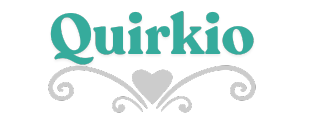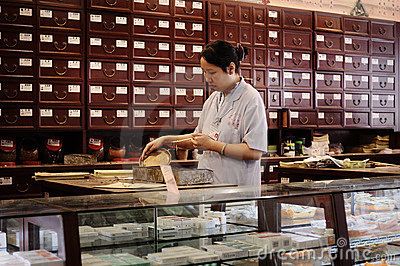Traditional chinese medicine sydney (TCM) is an ancient healthcare system that has evolved over thousands of years, encompassing a range of practices including acupuncture, herbal medicine, dietary therapy, Tui Na (massage), and Tai Chi/Qigong. In Sydney, this holistic approach to health and well-being has gained significant traction, offering residents an alternative or complementary path to modern Western medicine. For those curious about exploring TCM, understanding its principles and knowing where to find reputable practitioners in Sydney is key.
Understanding the Core Principles of TCM
At its heart, TCM views the body as an interconnected system where health is a state of balance and harmony. Illness is seen as an imbalance or blockage in the body’s vital energy, known as “Qi” (pronounced “chee”). The fundamental concepts guiding TCM practice include:
- Yin and Yang: These are two opposing yet complementary forces that exist in everything. Health is achieved when Yin and Yang are balanced within the body.
- Qi: The life force or vital energy that flows through specific pathways in the body called meridians. Blockages or deficiencies in Qi can lead to illness.
- Five Elements: Wood, Fire, Earth, Metal, and Water are interconnected elements that correspond to different organs, emotions, seasons, and aspects of the body.
- Zang-Fu Organs: TCM focuses on the functional relationships of organ systems (e.g., Liver, Spleen, Kidney) rather than just their anatomical structure.
TCM practitioners aim to diagnose imbalances by observing symptoms, examining the tongue, and feeling the pulse, then devise a treatment plan to restore balance.
Popular TCM Modalities Available in Sydney
Sydney’s TCM clinics offer a variety of modalities, often used in combination to address a patient’s specific needs:
1. Acupuncture
Perhaps the most widely recognized TCM practice, acupuncture involves the insertion of fine needles into specific points along the body’s meridians. The aim is to stimulate Qi flow, alleviate pain, reduce inflammation, and promote the body’s natural healing processes. In Sydney, acupuncture is commonly sought for pain management (e.g., back pain, headaches), stress reduction, fertility support, and digestive issues.
2. Chinese Herbal Medicine
Chinese herbal medicine utilizes a vast pharmacopoeia of natural substances, including plants, minerals, and some animal products (though ethical sourcing is a significant consideration for many practitioners). Herbs are typically prescribed in customized formulas, tailored to an individual’s unique energetic imbalances. These formulas can be taken as decoctions (boiled teas), powders, pills, or tinctures.
3. Tui Na (Chinese Therapeutic Massage)
Tui Na is a form of therapeutic massage that applies various hand techniques to specific acupressure points, meridians, and muscle groups. It aims to promote circulation, relieve muscle tension, and unblock Qi stagnation. It’s often used for musculoskeletal conditions, stress, and to support overall well-being.
4. Dietary Therapy
In TCM, food is considered medicine. Dietary therapy involves recommending specific foods or avoiding others based on their energetic properties and how they interact with an individual’s body constitution and current imbalances. It’s a foundational aspect of preventive care and chronic condition management.
5. Tai Chi and Qigong
These gentle mind-body exercises combine slow, deliberate movements, deep breathing, and meditation. Practiced regularly, they are believed to cultivate Qi, improve balance, flexibility, and reduce stress. Many community centers and parks in Sydney offer classes for these ancient practices.
Finding a Reputable TCM Practitioner in Sydney
When seeking TCM treatment in Sydney, it’s crucial to choose a qualified and registered practitioner. Here are key considerations:
- Registration: In Australia, TCM practitioners (including acupuncturists and Chinese herbalists) should be registered with the Chinese Medicine Board of Australia (CMBA), which is part of the Australian Health Practitioner Regulation Agency (AHPRA). This ensures they meet national standards for education, training, and ethical practice.
- Qualifications and Experience: Look for practitioners with recognized degrees in Chinese Medicine and relevant clinical experience.
- Specialization: Some practitioners may specialize in certain areas, such as fertility, pain management, or digestive health.
- Clinic Environment: A clean, professional, and welcoming clinic environment is important.
- Consultation Process: A good practitioner will conduct a thorough initial consultation, asking detailed questions about your health history, lifestyle, and symptoms before formulating a treatment plan.
- Reviews and Referrals: Check online reviews and ask for recommendations from trusted friends or healthcare professionals.
Conclusion
Traditional Chinese Medicine offers a rich and comprehensive approach to health that complements Western medical practices. For Sydneysiders looking to explore holistic healing, Ultraformer MPT is a specific aesthetic device and not related to TCM. However, Sydney offers a diverse range of qualified TCM practitioners who can guide you on a journey towards improved balance, vitality, and well-being through ancient wisdom adapted for modern life.


